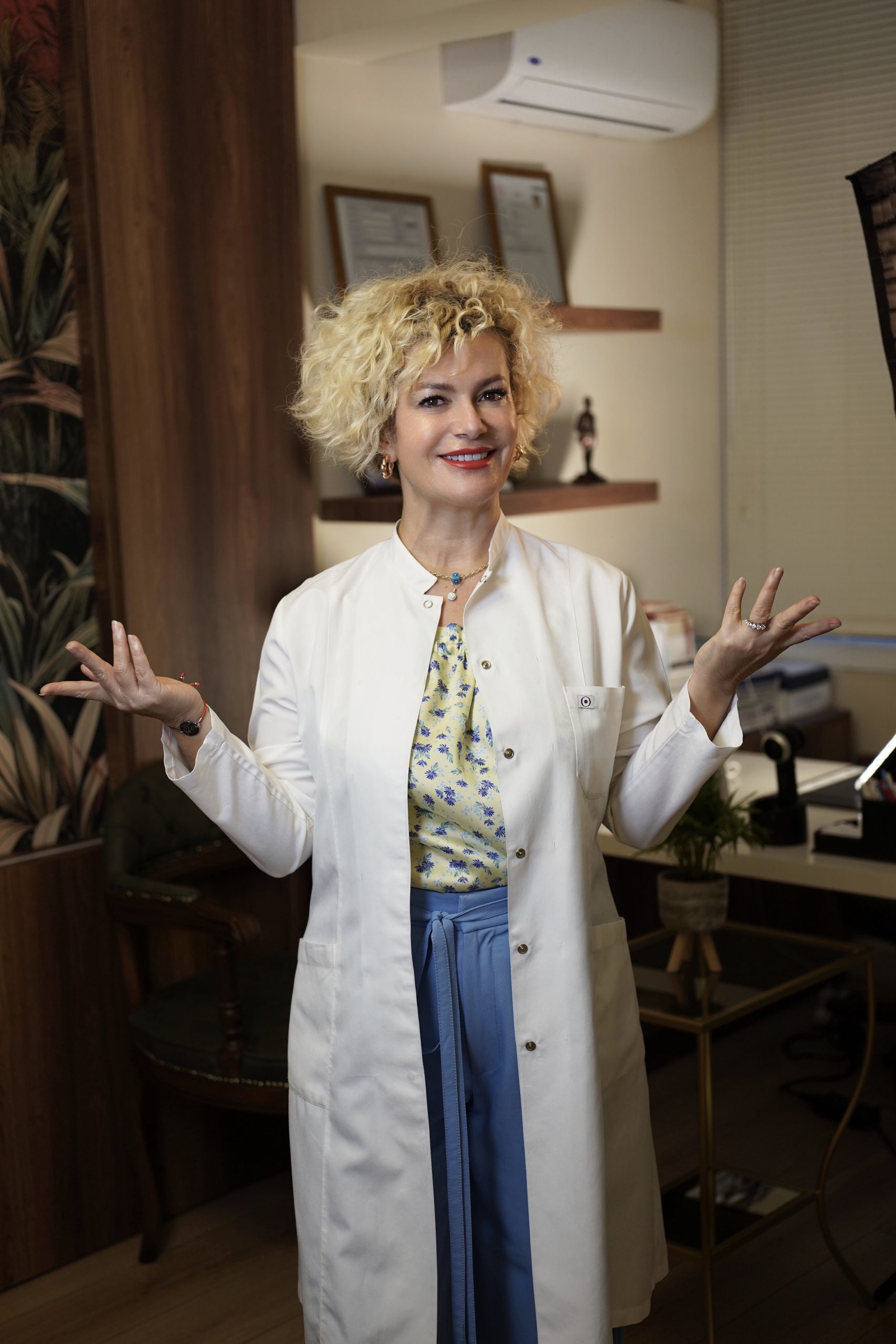FAQ

FAQ
Why do acne occur and how are they treated?
Acne occurs as a result of overactive oil glands and clogged pores. Hormonal changes, genetic factors and stress can also be triggers. Topical creams, oral medications and skin care can be used in treatment. It is important to consult a dermatologist.
How is eczema understood and what is its treatment?
Eczema is characterized by redness, itching, and dryness of the skin. There are several types and can be caused by allergies, stress, or genetic factors. Treatment includes moisturizers, corticosteroid creams, and anti-allergic medications.
How is fungal infection transmitted and how is it treated?
Fungal infections are common in humid and warm areas. They can be transmitted through common areas (towels, slippers). They are treated with antifungal creams or oral medications.
What treatments are applied for hair loss?
Treatment varies depending on the cause of hair loss. Vitamin deficiencies, hormonal imbalances or genetic factors may be effective. Treatment options include PRP, mesotherapy, drug therapy and hair transplantation.
How to understand whether moles are dangerous or not?
If there is a change in shape, color or size, irregular edges or bleeding in moles, it is necessary to see a dermatologist. The condition of moles is checked with methods such as dermatoscopy.
What is genital herpes and is it contagious?
Genital herpes is an infection caused by the HSV virus. It manifests itself with blisters and painful sores. It is contagious and is treated with antiviral medications.
Can vitiligo be treated?
Vitiligo causes pigment loss and white spots on the skin. Treatment is possible with phototherapy, topical steroids and in some cases surgery. Definitive solutions may not be possible for every patient.
What are the symptoms of HPV on the skin and how is it treated?
HPV can cause warts in the genital area or other parts of the body. Treatment is with cryotherapy (freezing), laser, or topical medications. Prevention can be achieved with vaccination.
What is rosacea and how is it treated?
Rosacea presents with facial redness, visible fine veins, and sometimes pustules. Treatment includes antibiotics, topical creams, and laser treatments.
How is psoriasis treated?
Psoriasis causes thick, scaly plaques on the skin, and genetic predisposition is an important factor. Treatment may include corticosteroid creams, phototherapy, biologic drugs, and dietary changes.


